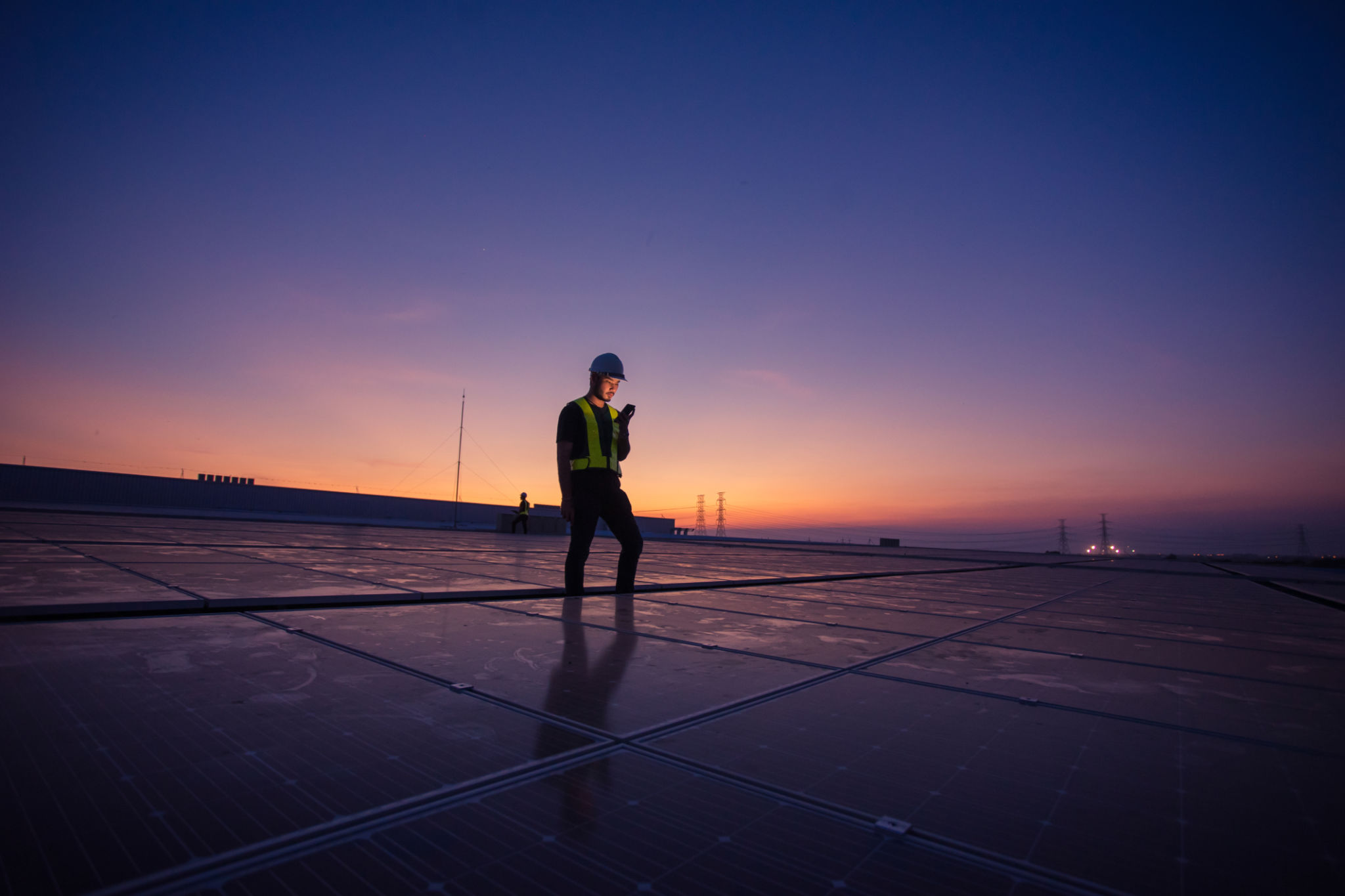The Solar Panel Technology Guide: What You Need to Know In Boston, MA
Understanding Solar Panel Technology
Solar technology has become increasingly popular as more people recognize the benefits of harnessing the sun's energy. In Boston, where the environmental consciousness is high, the adoption of solar technology is on the rise. Whether you're a homeowner, business owner, or simply interested in renewable energy, understanding the basics of solar technology is essential.

Solar technology primarily involves converting sunlight into electricity using photovoltaic (PV) panels. These panels consist of cells made from semiconductor materials that generate electric current when exposed to sunlight. This process is not only sustainable but also reduces dependency on traditional energy sources, contributing to a cleaner environment.
Benefits of Solar Technology in Boston
One of the most significant advantages of solar technology in Boston is the potential for substantial cost savings. By installing solar panels, homeowners and businesses can significantly reduce their electricity bills. Additionally, Massachusetts offers various incentives, including tax credits and rebates, that make solar panel installation more affordable.
Another benefit is the positive environmental impact. Solar energy is a clean, renewable resource that reduces greenhouse gas emissions and dependence on fossil fuels. As a result, adopting solar technology helps combat climate change and promotes a healthier planet.

Financial Incentives and Support
The state of Massachusetts provides several financial incentives to encourage the adoption of solar technology. The Solar Massachusetts Renewable Target (SMART) program offers performance-based incentives for residential, commercial, and industrial solar projects. Additionally, federal tax credits can cover a percentage of installation costs, further reducing the financial burden.
Choosing the Right Solar System
When considering solar technology, it's crucial to choose the right system for your needs. Factors such as roof size, orientation, and shading will impact the efficiency of your solar panels. Consulting with a professional solar installer can help determine the most suitable system for your property.

Another essential consideration is the type of solar panels. Monocrystalline panels are known for their high efficiency and sleek design, while polycrystalline panels are more cost-effective but slightly less efficient. Thin-film panels offer flexibility and are ideal for unconventional installations. Above image both are monocrystalline panels
Solar Installation Process and Maintenance
The installation process typically involves an initial consultation to assess your energy needs and site suitability. Once a plan is established, professional installers will handle the setup, ensuring all components are correctly connected and optimized for maximum efficiency.
Maintenance is relatively straightforward. Solar panels are durable and require minimal upkeep, with occasional cleaning to remove debris and dirt. Regular inspections can help identify any issues early, ensuring your system operates efficiently for years to come.

The Future of Solar Technology in Boston
As technology advances, solar power continues to evolve, becoming more efficient and accessible. Boston's commitment to renewable energy promises a bright future for solar technology in the region. With ongoing advancements and increasing community support, solar power will likely play a significant role in Boston's energy landscape.
Whether you're considering installing solar panels or simply curious about renewable energy, understanding solar technology is key to making informed decisions that benefit both your finances and the environment.
Thank you for your interest and time to view this blog, share this to help educate others!
